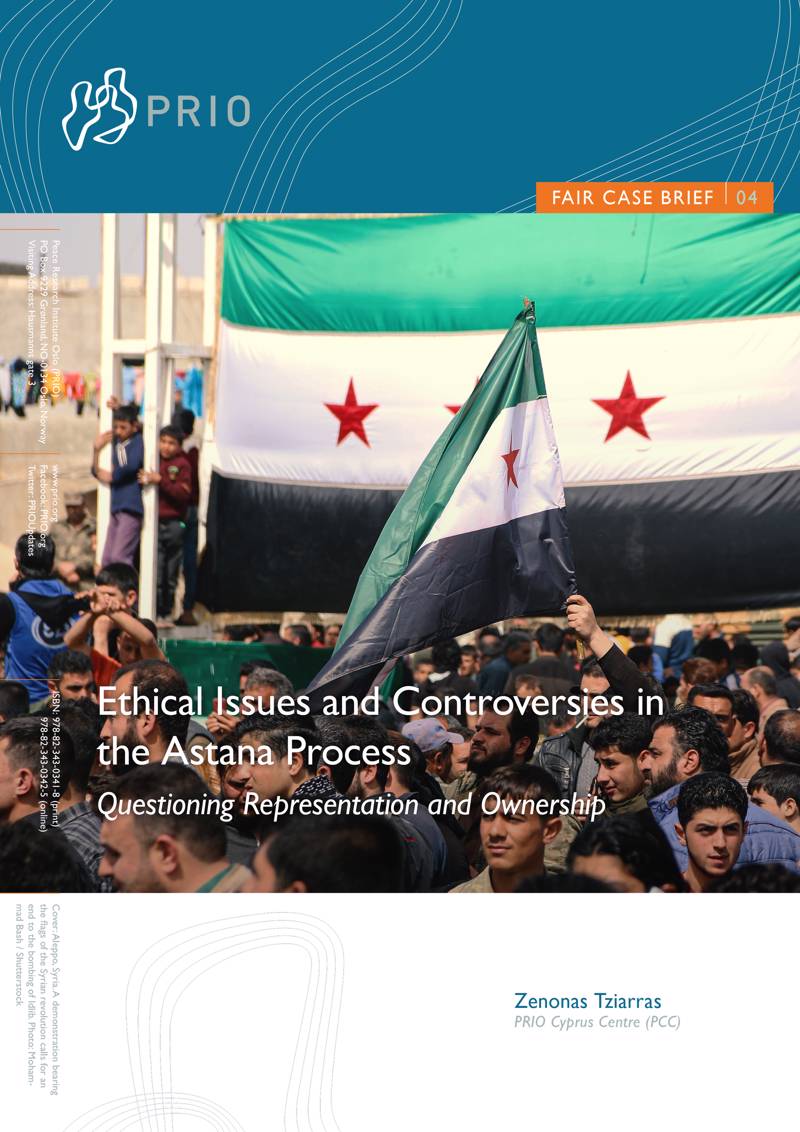
This new FAIR case brief by Zenonas Tziarras focuses on how the Astana process became central to the peace efforts regarding the Syria conflict after 2017, but it has been heavily influenced by the interests and positions of its three sponsors or guarantor powers: Russia, Turkey, and Iran.
Representation and ownership are two of the most weak aspects of the Astana process. Thus bringing into question the extent to which Astana contributes to peace in Syria or reinforces a status quo and legitimizes foreign involvement, against the country’s unity and political transition to a post-conflict future.
This case brief has been published as a part of the FAIR project which is the first systematic investigation of ethical problems and solutions in peace negotiations and peace mediation. The project engages with existing debates on norms in peace negotiations and explores relevant philosophical perspectives.





